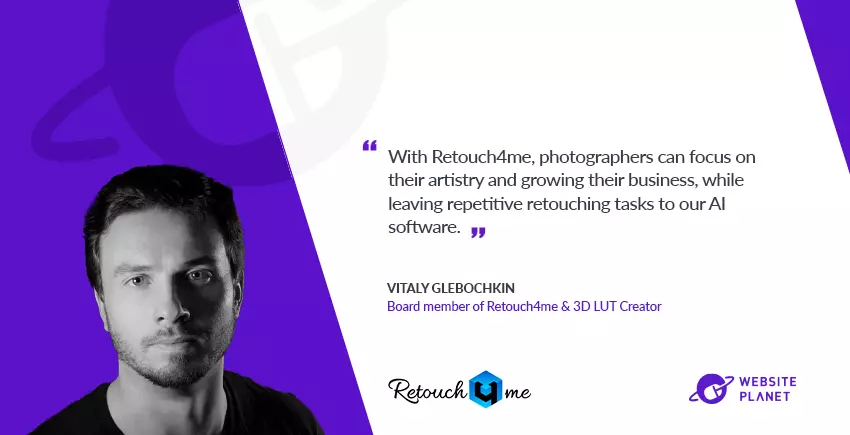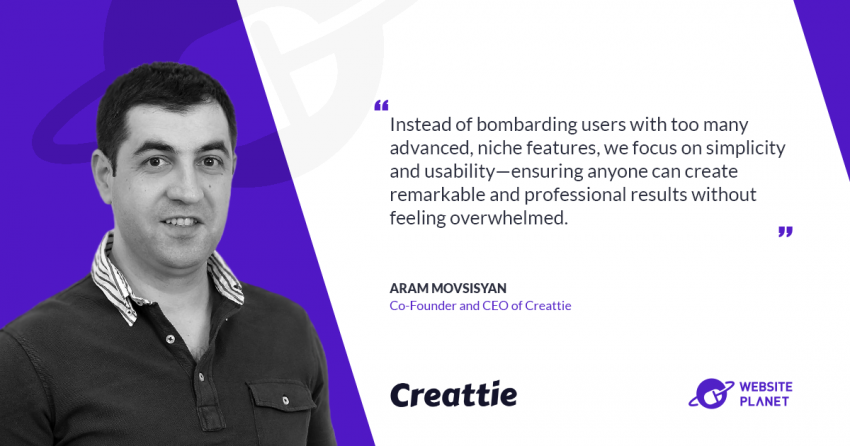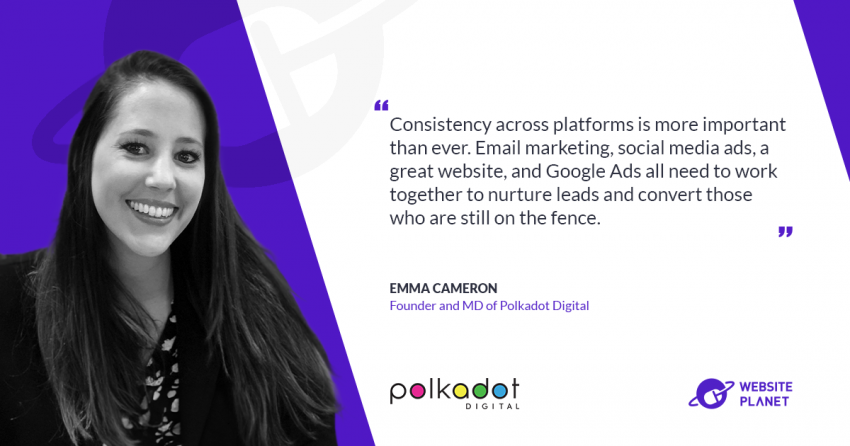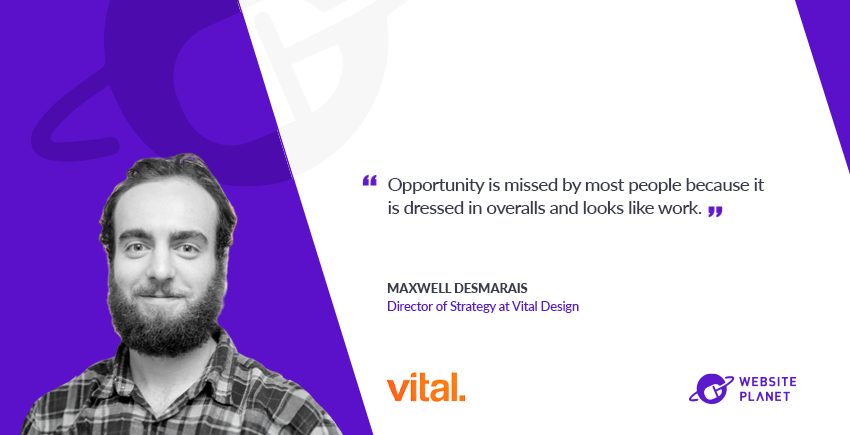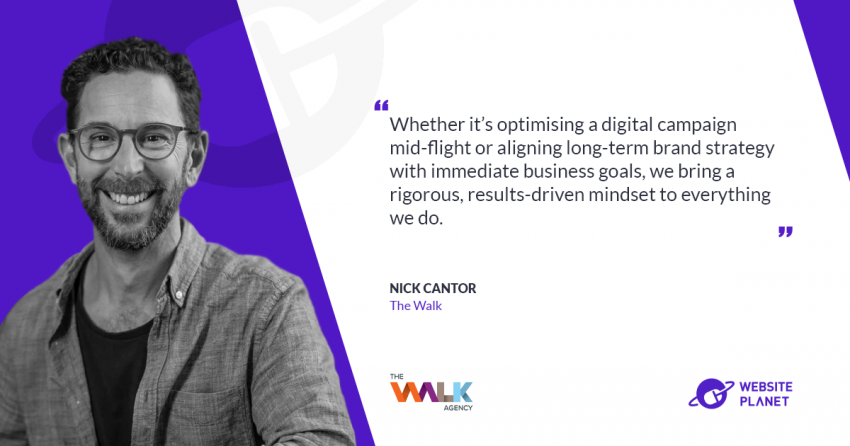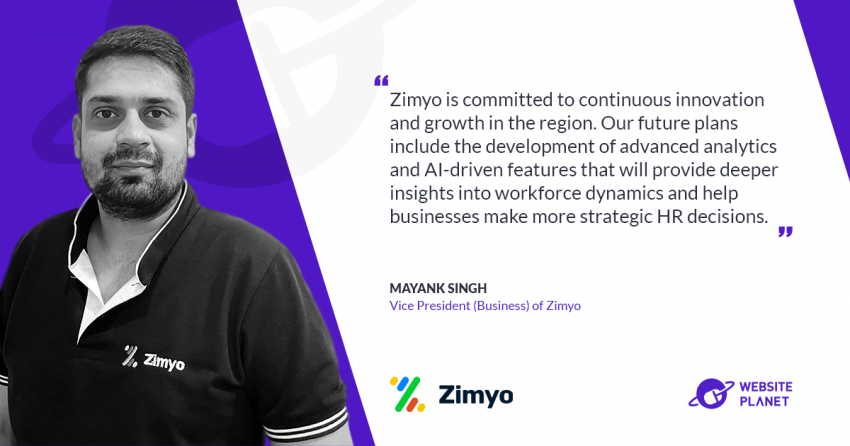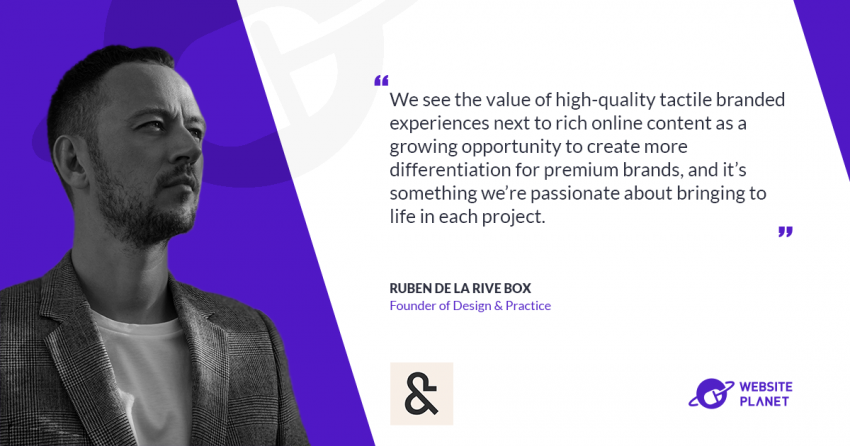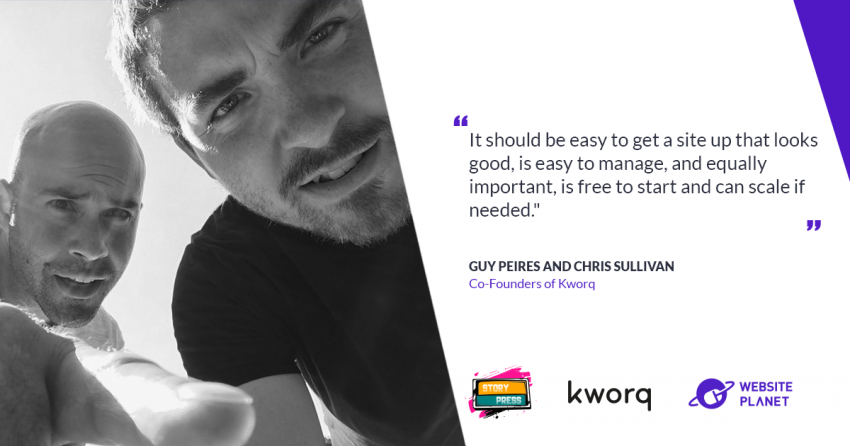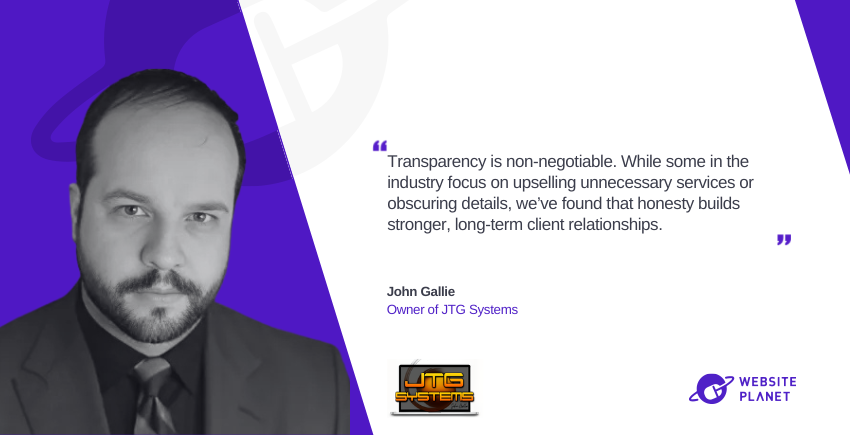What unique challenges are people in your industry facing right now?
Professional and amateur photographers alike are dealing with the widespread adoption of AI. While some fear that AI may replace them, we believe that combining AI and human creativity helps professionals worldwide achieve better results. Apart from that, photographers encounter these challenges in post-production:- Lack of retouching expertise.
- Time-consuming retouching processes.
- Finding professional retouchers.
- Choosing the appropriate retouching software.
- Learning to navigate complex software.
People don’t want to look at yesterday’s photos; they need them today. The photos need to be edited here and now, and the better you are at processing, the more successful you will be.
How do these problems impact them, if they don’t find a solution?
Suppose you are an average professional wedding photographer who shoots 6–10 weddings per month during a high season, so there are up to 10,000 photos that need to be edited and retouched. If you are not well-versed in retouching, you would have the choice to either study it for the next 6–12 months to reach a good level or to start searching for a retoucher to optimize your workflow.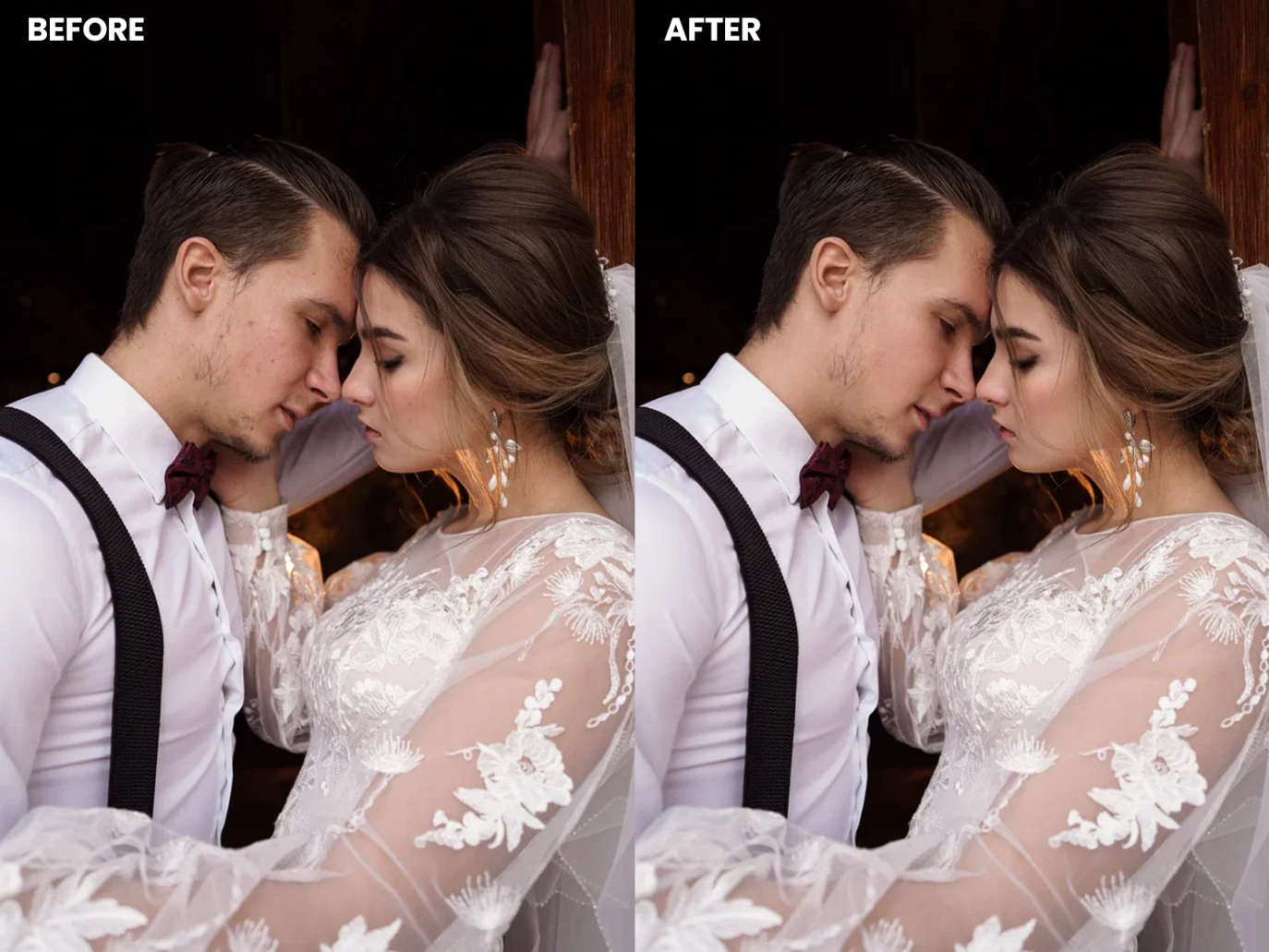 Figure 1. Demonstration of Retouch4me plugins’ functionality for photo retouching.
Both options will barely help you optimize your work. Even with the needed level of retouching proficiency, the number of photos makes these efforts senseless.
Figure 1. Demonstration of Retouch4me plugins’ functionality for photo retouching.
Both options will barely help you optimize your work. Even with the needed level of retouching proficiency, the number of photos makes these efforts senseless.
True Story:
There have been cases where a wedding photographer gave the processed photographs to a couple… But they were already divorced! 😲
Without the right tools, a photographer might experience time and energy losses trying to cope with the loads of retouching jobs on his shoulders. As a former wedding photographer, I know this very well.
How effective are the current methods for solving these issues? What challenges remain in this area?
As briefly touched upon previously, there are only two ways for a professional photographer to optimize his post-production workflow:- Spend many months studying retouching, and learning all of the peculiar details of mastering the craft. While this approach will be successful for manual retouching of a limited number of images, once this number rises, it becomes ineffective
- Outsource all the post-production work to a professional retoucher
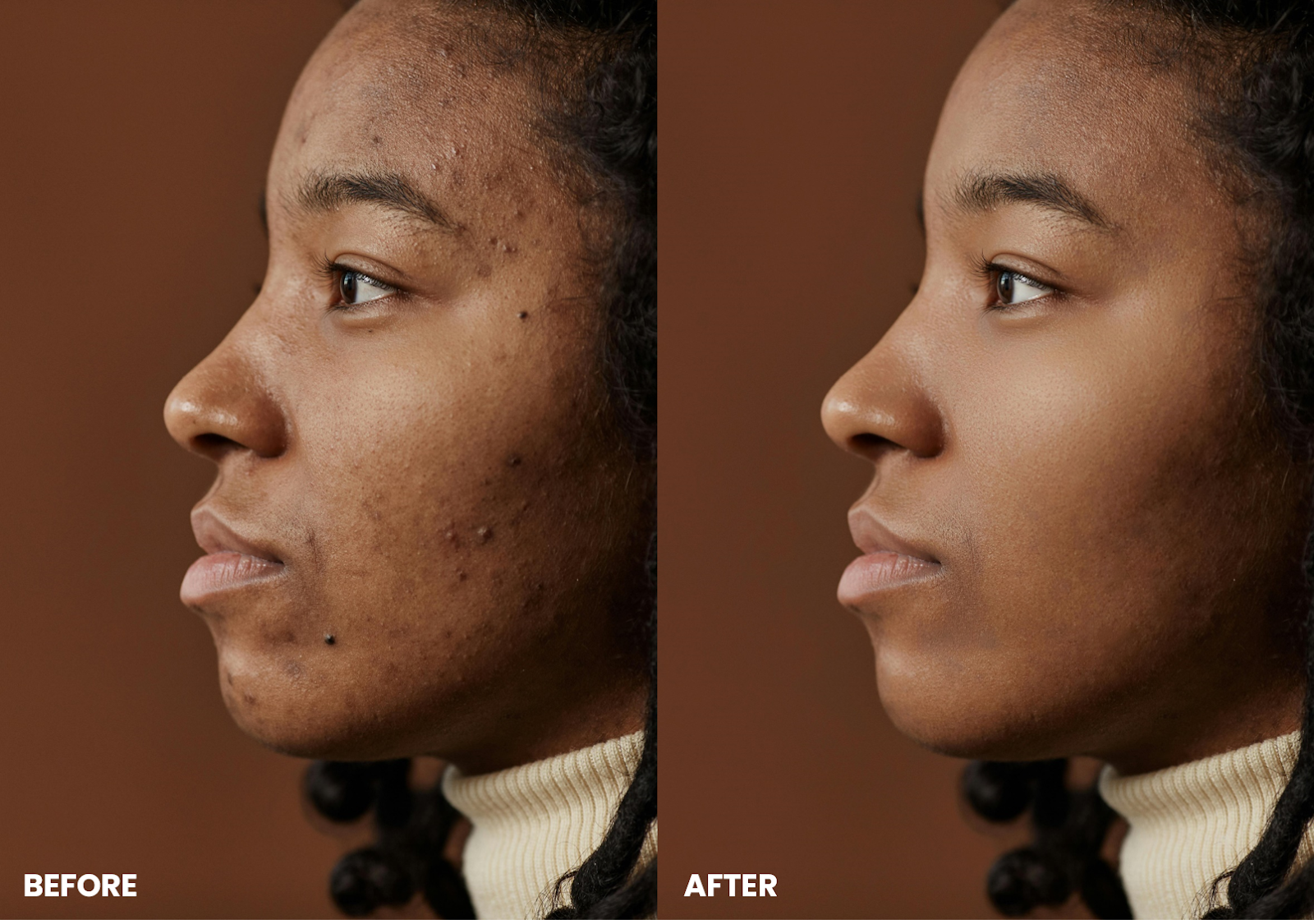 Figure 2. Demonstration of Retouch4me plugins’ functionality for photo retouching.
Figure 2. Demonstration of Retouch4me plugins’ functionality for photo retouching.
What’s a better way in your opinion to fix these issues, and how do you help implement it?
While photographers are seeking perfection in their main craft, buying new cameras, lenses, and light equipment, post-production remains a time-consuming task. We help creatives take the load of retouching off their shoulders. Our AI-powered software automates retouching, ensuring professional-quality results in moments. Using our software, creatives can instantly retouch images and get natural-looking images without the typical AI glossiness.With Retouch4me, photographers can focus on their artistry and growing their business, while leaving repetitive retouching tasks to our AI software.Want to see for yourself?
Try the new Retouch4me Photoshop Panel with Cloud Retouching (it’s free)
👉 https://bit.ly/3U9osBd 👈
Looking ahead 5 to 10 years, what new technologies and trends will have the most significant impact on the issues we talked about?
The bigger trend for photography will be the increasing adoption of AI in the workflow. Professional cameras will begin to make extensive use of AI to improve the quality of photos and process them directly in the camera. Some camera manufacturers already are using neural networks to identify objects in the frame and focus. I think that full-cycle photo processing services will be available in the near future. When you simply load the entire series, select the necessary parameters, start processing, and get the result. The selection of photographs and their processing will be fully automated. A separate direction has already appeared for completely generated images that are no different from other photographs. The number of such images will only increase in the future. Already today there are completely digital models in the fashion market. As for the legislation practices, I think there might be some rules introduced to AI usage in the industry, which will at least create rules for all parties on the ethical and transparent use of these solutions.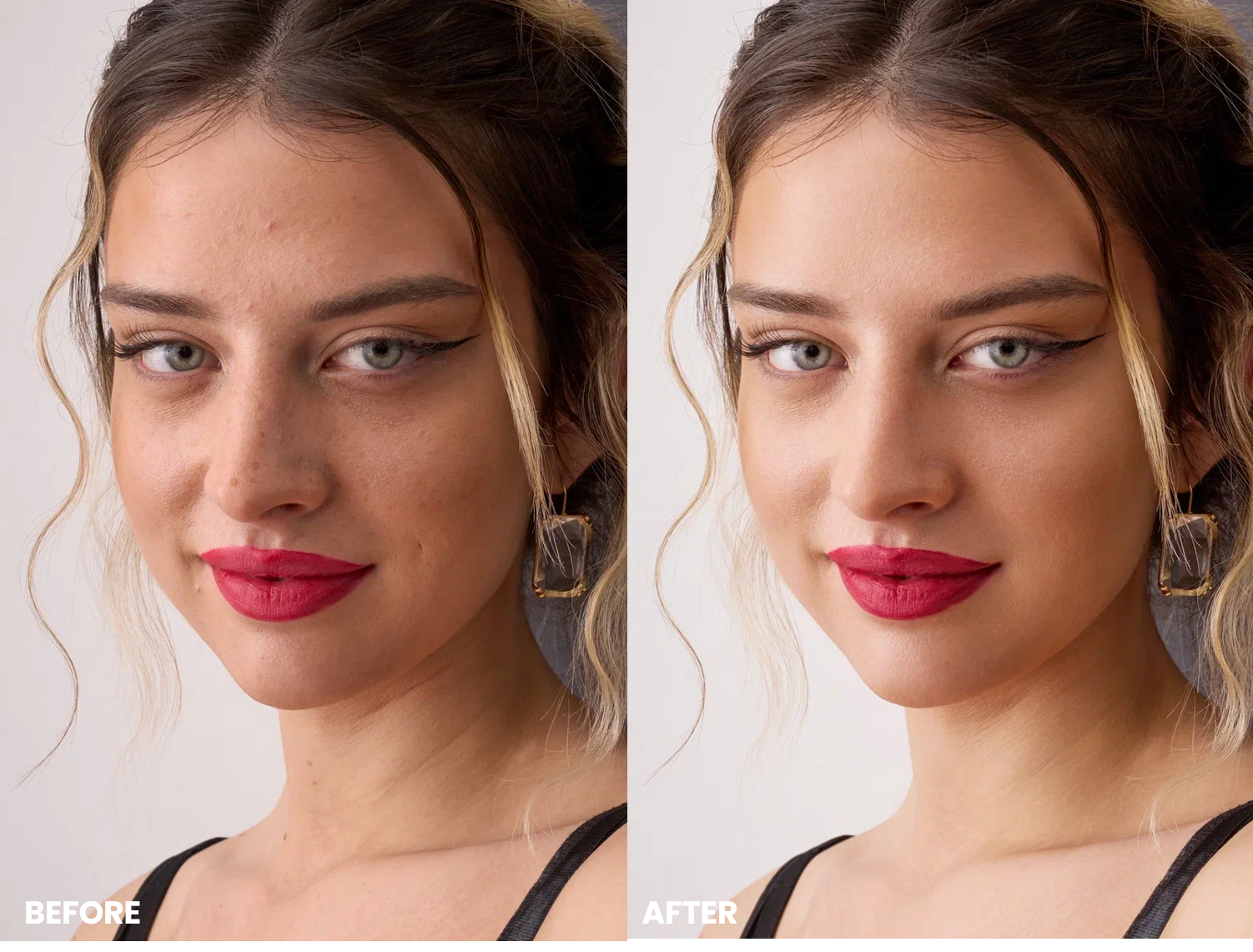
What should people do to stay up to date and adapt to these changes? What will you do in this regard?
The only constant thing in our lives is continuous change. Therefore, I would advise you not only to immerse yourself in your work but also to try something new. Don’t be afraid of new technologies. If you find one that helps you do your job more effectively, go for it. Additionally, the general recommendation to stay ahead of the game when it comes to AI in photography is: • Following innovators and trusted tech experts, like Unmesh Dinda. • Reading reputable news sources on the subject. • Joining networks of professionals. • Attending related events. The winners will be those who are the first to master new technologies and successfully integrate them into the workflow.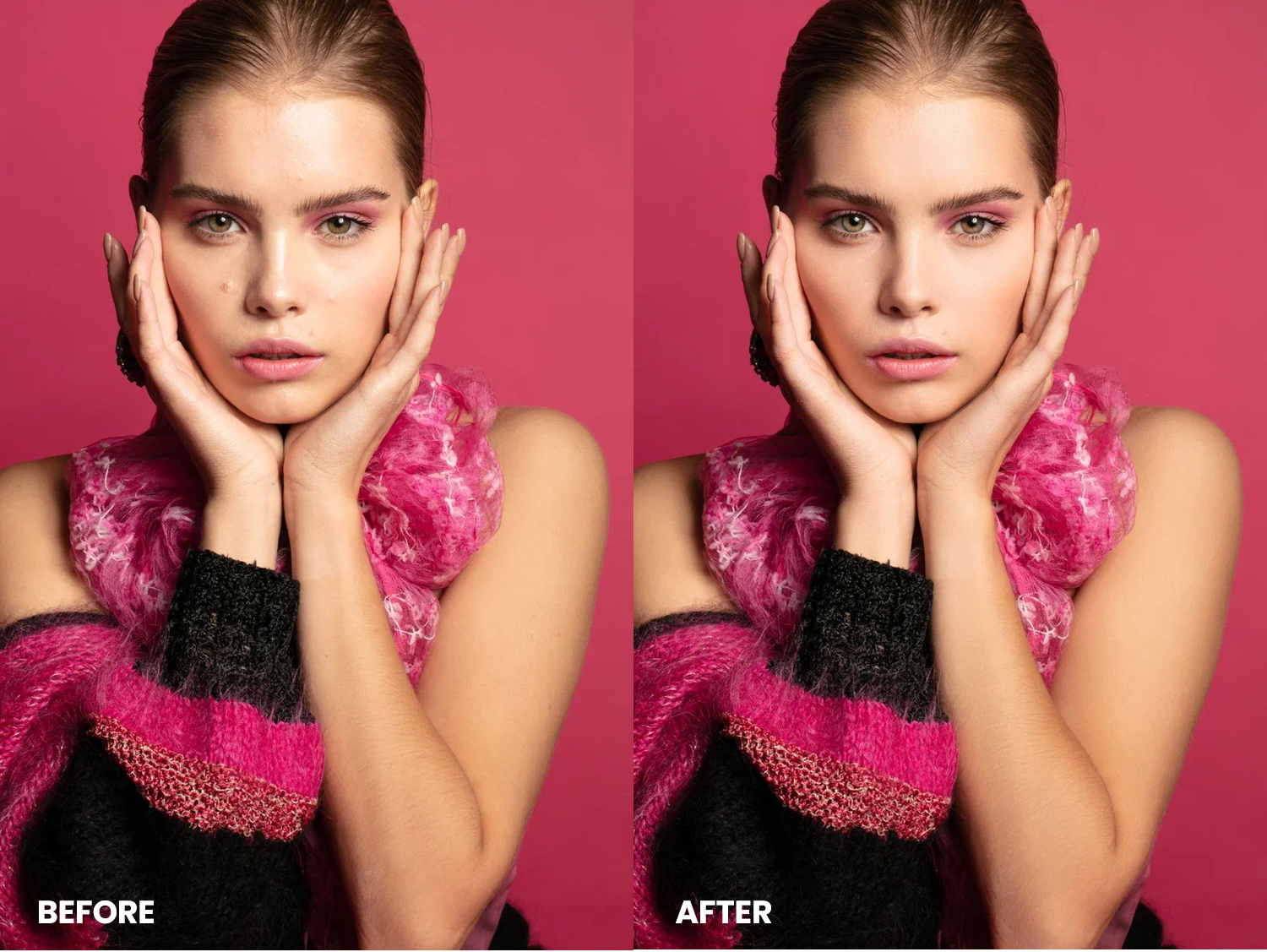
To learn more about Retouch4me:
Website: https://bit.ly/3TAmCYyLinkedIn: https://bit.ly/3TunBK1
Twitter: https://bit.ly/3PADKfD
Instagram: https://bit.ly/4aybZx2
